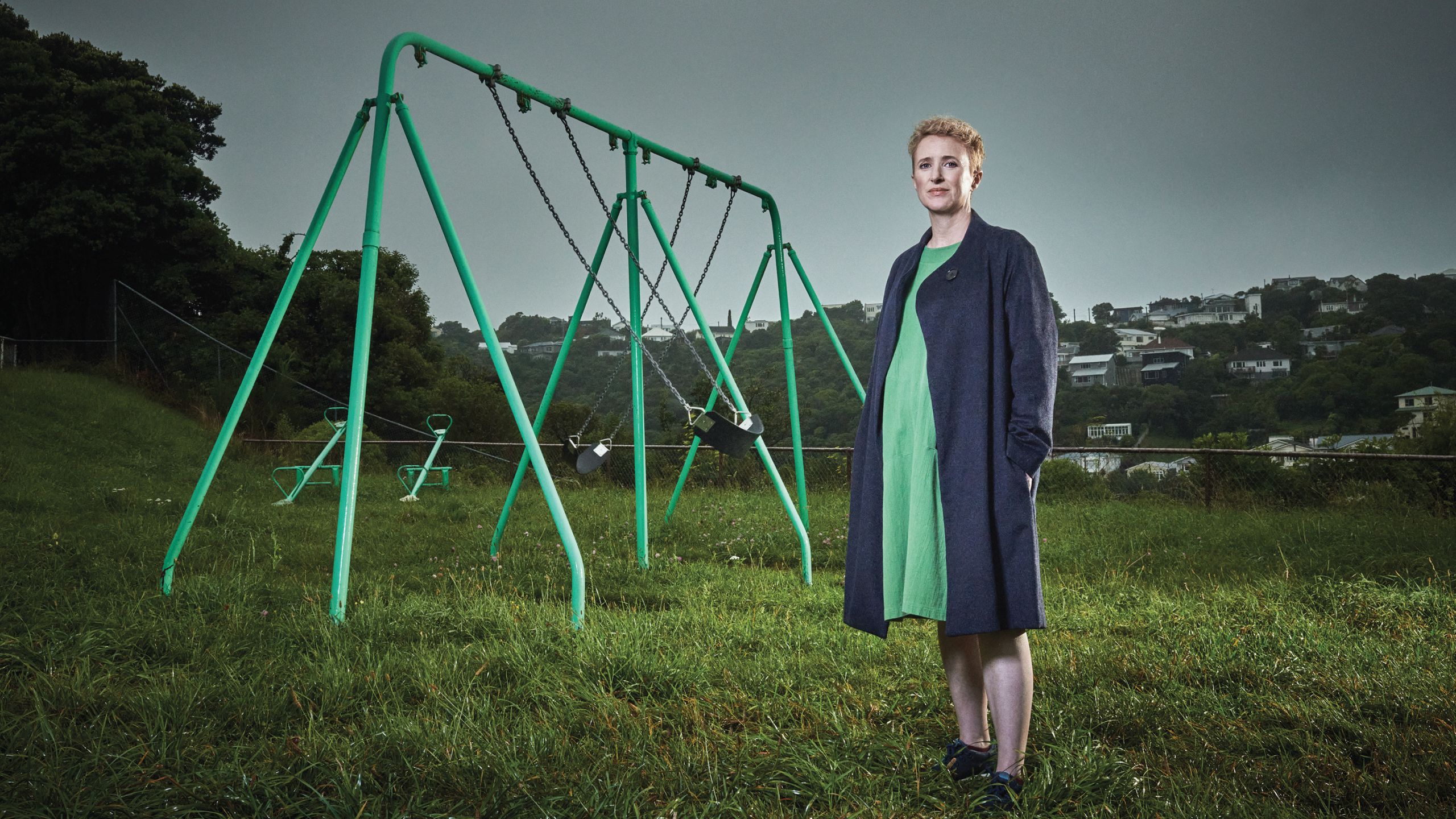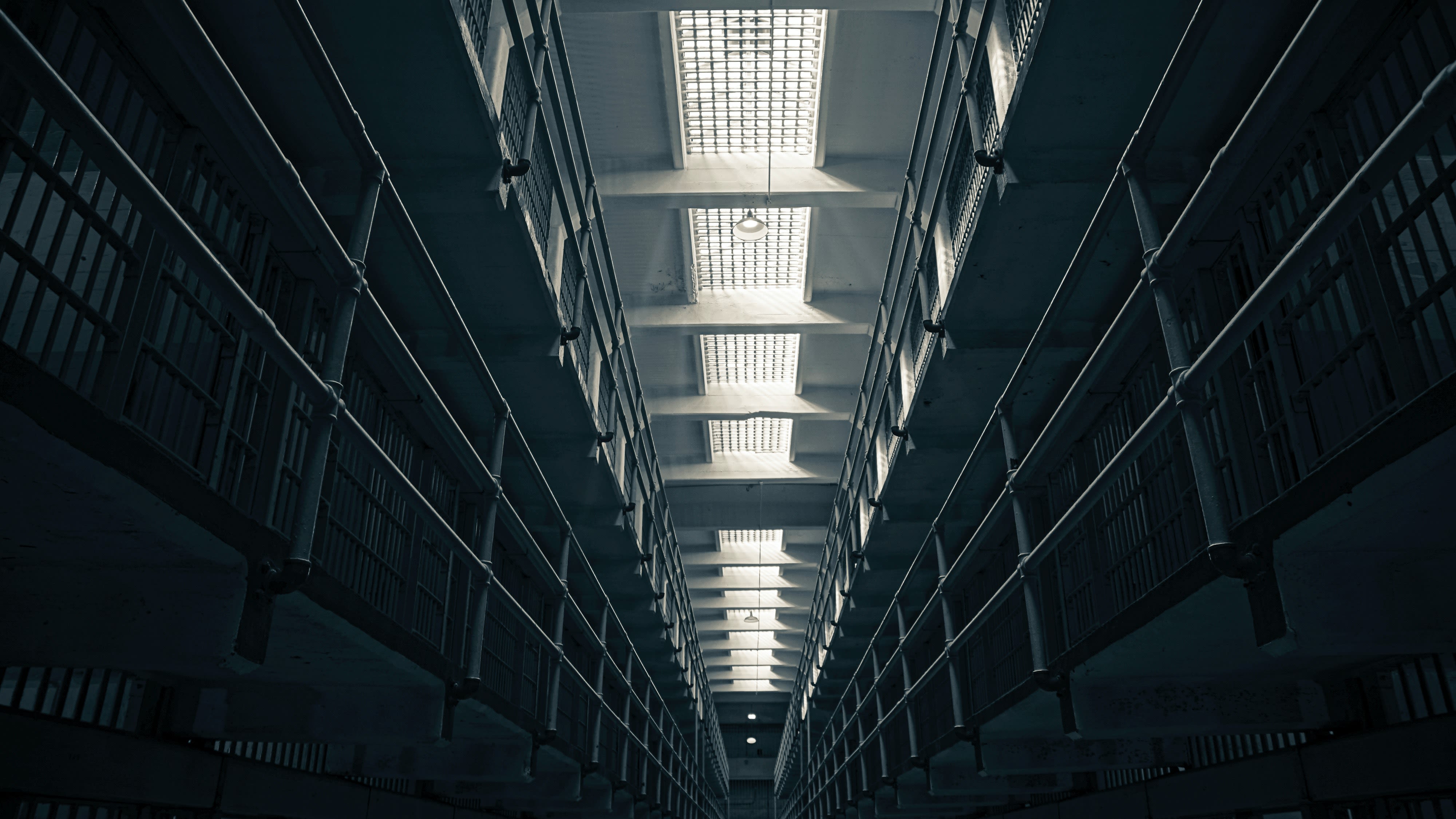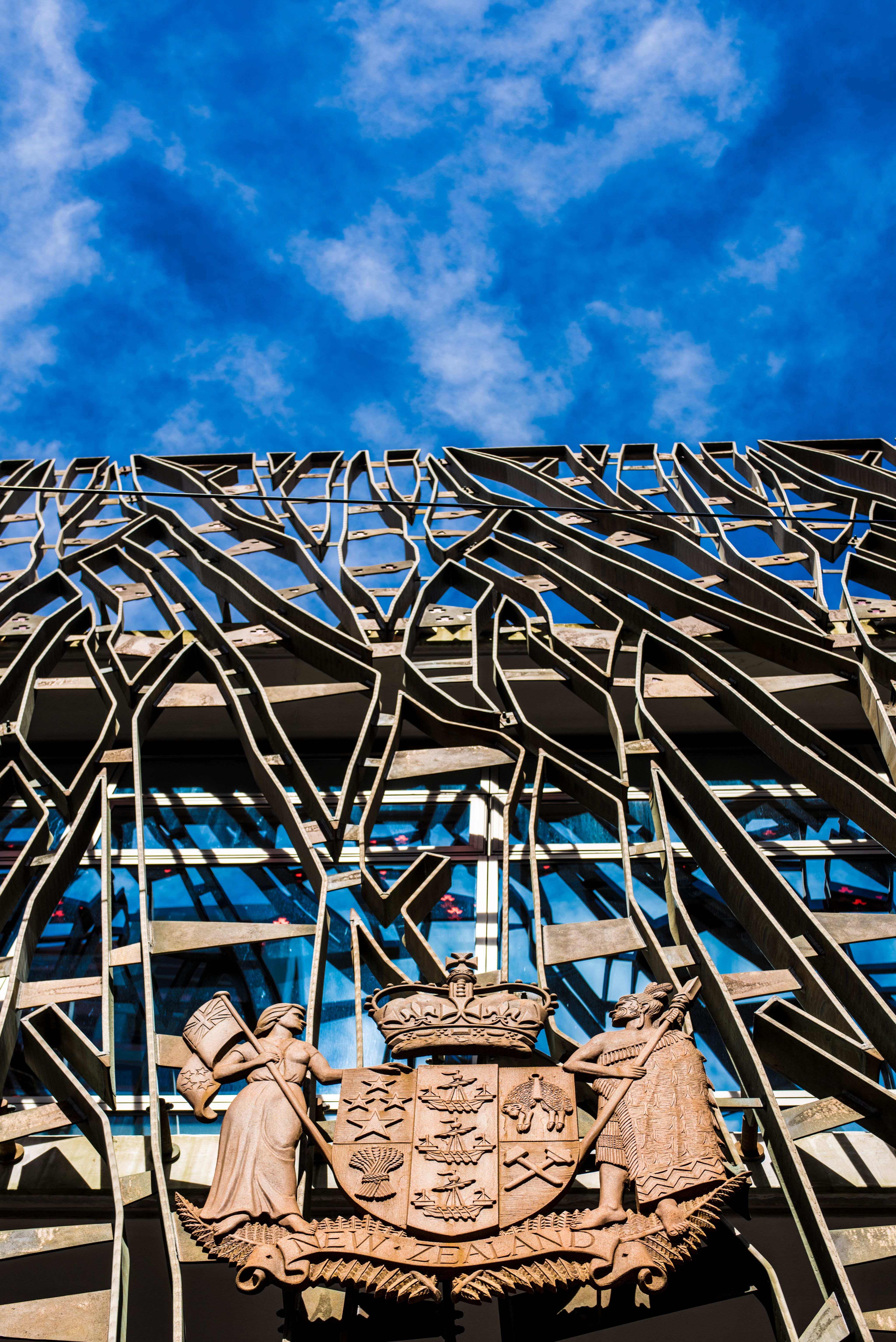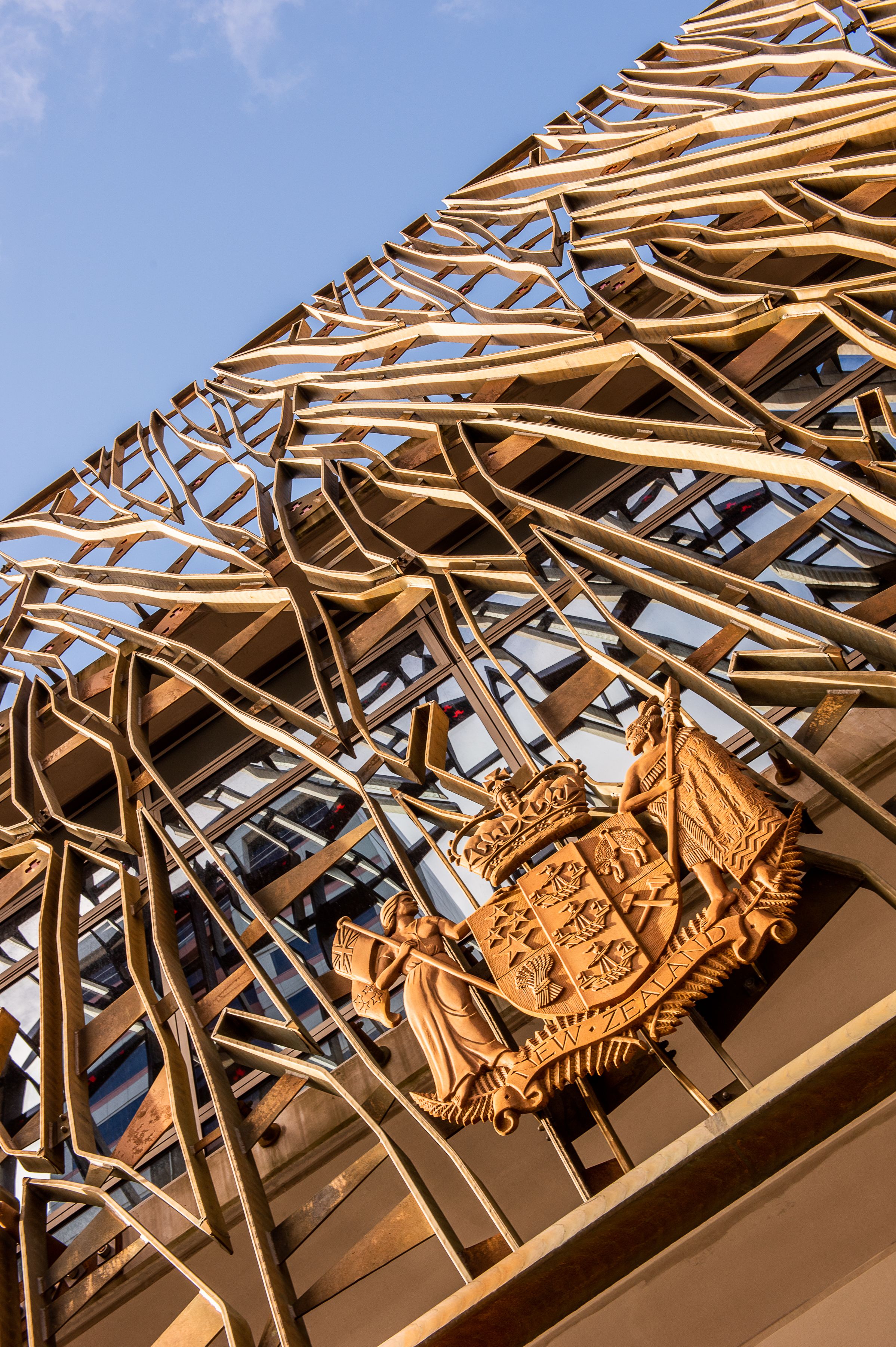Abuse in care: should we rely on the accused for justice?
Professor Elizabeth Stanley wants to transform the way we do justice.

“We need to get out of this hole where we’re continually individualising offenders and the problem of crime. Instead, we should turn our focus onto the state by looking at systemic causes and solutions to them.”
Elizabeth Stanley, professor of Criminology at Te Herenga Waka—Victoria University of Wellington, says we need to transform our thinking and practices about crimes committed by workers in our care systems.
“The Royal Commission into Abuse in Care has reported on the neglect, violence, and torture of children and vulnerable adults entrusted into state-led care. The impacts have been profound—for example, many of our prisoners have emerged out of abusive care backgrounds. We have to be honest about that.”
Professor Stanley says we need to provide justice to break the cycles. “After all this reporting, we must attend to justice. But survivors worry that state agencies will not search for accountability of their workers who have offended or turned a cheek to systemic abuse. They worry that any redress will be tokenistic.
“We must shift our attention to the systems that can create harm. The emphasis of government is often around problematic individuals but, in reality, we should address what the state is doing and how decisions are made. We need to do things differently.”
She says if we want to tackle the social problems of crime in our society, we have to start with the basics.
“Expose how our systems of care or justice put people onto a pathway of offending, and then introduce initiatives that strengthen communities, reduce social harms, and provide system circuit breakers.”
Professor Stanley, who is the director of the Institute of Criminology at Te Herenga Waka—Victoria University of Wellington, has conducted extensive research into the issue of abuse in care and its long-reaching impact on criminal justice.
Her research has shown a clear causative link between someone being the victim of abuse in state care and their ending up in the justice system. “There’s a generation of people who’ve been through care whose lives have been ruined as a result. From the 105 people I interviewed for my book [The Road to Hell: State Violence Against Children in Post-War New Zealand, 2016], 96 of them had ended up in prison or youth detention centres by the time they were 21. It’s a phenomenal figure,” she says. “It’s not surprising—these children started to try and protect themselves when they emerged into society without education, skills, connections, or family. That was often through violence and crime.”


But can the state be trusted to change the system?
Professor Stanley says that rather than focusing on the risks or problems of an individual, the state’s assessments should prioritise their strengths. “I would really love to see a total reworking of our system to ensure we are supporting and encouraging a person’s strengths, and thinking about how we can nourish those particular skills for that child, their family, and their community.”
As a society, we should be turning everything we think we know on its head to look at the risks inherent in our social structures, she says. “We need to subvert how we think about risk so that we’re looking instead at the risks in the way our institutions practise their work. What are the risks of how we structure our economy? What are the risks of how we do welfare or health? What are the risks of the racism and discrimination that is embedded in every single part of our criminal justice system, through policing, sentencing, the use of imprisonment? Those kinds of interventions—like removal of children—have enormous consequences, but we don’t articulate them.
“We tend to think of people who end up in prisons as dangerous, a risk to our society. But when we drill down and look at who goes to prison, there are social and cultural risks that have become institutionalised. We shouldn’t think about prison without thinking about social and cultural marginalisation, and how Māori progress through to custody at a much higher rate than Pākehā people.”
Professor Stanley says it shouldn’t be difficult to change our thinking, but acknowledges it would require a huge cultural shift. “The crux of the problem is that state violence and state abuse has dramatically impacted on the ways that we imprison today. But we don’t tend to make those connections very clearly. We don’t see that our current crime problems actually have their roots in state violence, the abuse of children. And we’re not honest about that. In fact, very little is done to break that cycle, to change that for people. The emphasis of government is around problematic individuals but, in reality, we actually need to address what that state is doing and how decisions are made. We need to do things differently.”
It's clear we have reached a point where the Government has decided the current situation cannot continue, she says. “We imprison thousands of people. We have recently had one of the highest rates of imprisonment in the OECD. There have been significant reports saying we need to transform the way we do justice, and the Government has committed to that. We’re starting to see more assertion of Māori and Pasifika approaches towards justice—this is encouraging, but we really do need a strategy that’s going to be transformative. And we need to be careful that, when crime hits the headlines, we don’t just revert to a ‘tough on crime’ approach that we know will not solve our crime problems. We need more social justice, not criminal justice.”
Between 2010 and 2020, about 1,500 to 2,500 New Zealand children were removed each year from their families, and it is still common practice for children to be moved repeatedly across care settings.

Justice Reinvestment
One way to do this is through an idea called justice reinvestment. It’s an approach that aims to redirect the billions of dollars that is spent in Aotearoa on imprisoning people and funnel it instead into social-justice initiatives that strengthen communities, reduce social harm, and prevent offending.
“It’s community-led, data-driven, and based on interventions specific to a particular location. We create different pathways for individuals so we do not ultimately use prison as a response,” explains Professor Stanley. “Justice reinvestment is about reducing—and even removing—the use of imprisonment because we know that prisons aren’t effective. But it’s also about building stronger communities, ones that flourish. It’s about having children in our societies who have every opportunity and are not excluded from things like education, sport, or cultural activities because of their economic circumstances. It’s about changing the fabric of our societies.
“When you think about the amount of money spent on failing aspects of the criminal justice system and what we could do with that money in our communities to provide circuit breakers to stop people engaging in crime in the first place, it’s a no-brainer.”
Related links
We must break this cycle from care into custody
Keeping communities at the centre of Justice Reinvestment
Acknowledging State Abuse in New Zealand—Elizabeth Stanley (video)
Elizabeth Stanley's staff profile
Related stories
A radical fix for our broken justice system


